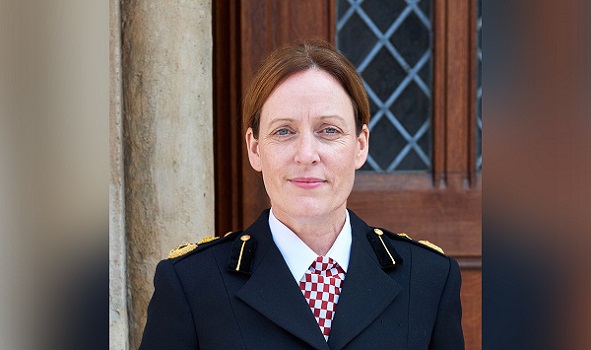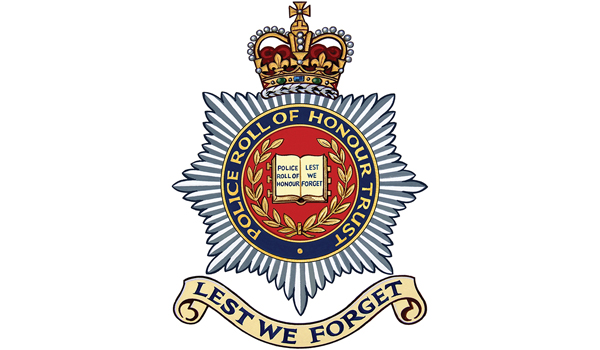IOPC highlights inconsistent use of local resolution to complaints
An overall fall in the number of complaints against the police masks wide discrepancies in the way police forces handle them, the Independent Office for Police Conduct (IOPC) said today.
The Police Complaints Statistics for England and Wales 2017/18 show that the proportion of allegations being dealt with by the less formal local resolution process vary between ten and 75 per cent across forces in England and Wales.
Overall, 42 per cent of allegations finalised in 2017/18 were locally resolved by police and 44 per cent were locally investigated.
The IOPC said this points to an overly complex complaints system and welcomed changes coming into effect next year to simplify complaints handling.
IOPC Director General Michael Lockwood said: “The handling of complaints varies a great deal and we hope that changes next year promote a culture across policing which is more consistent and transparent. This year’s drop in recorded complaints may mean that forces are already adopting some of the changes and dealing with some less serious complaints outside the formal system. If complainants are satisfied with this approach, it is to be encouraged. We want police forces to view complaints as an opportunity, not as a threat.”
The statistics also show that 31,671 complaints were recorded by forces – a decrease of seven per cent on 2016/17’s figure.
There was a small reduction in the number of allegations recorded – 274 per 1,000 employees compared to 279 in 2016/17.
Thirty-nine per cent of complaints made against the police fall into a broadly-defined ‘other neglect or failure in duty’ category.
The second largest category of ‘incivility, impoliteness and intolerance’ accounted for 12 per cent of all complaints.
The IOPC said work is underway to define the complaint categories in a more meaningful way.
In 2017/18, the total number of appeals received across the police complaints system fell by eight per cent from 7,564 to 6,943. There was a 14 per cent drop in the total number of appeals made against the outcome of force investigations.
Mr Lockwood added: “At the heart of a complaint is someone unhappy with the service they received or the way they have been treated by their police force. What’s more important than the overall numbers is how complaints are viewed by the forces themselves. They offer forces a great opportunity to learn from, and address any common concerns that their local communities express. Done properly, this can be really positive for police and community relations.
As part of a number of changes to the complaints system being introduced in 2019, the IOPC plans to improve how allegations are defined, so the categories provide more clarity about what specifically is being complained about.
The IOPC said it is also ensuring that in future, less serious complaints dealt with outside the formal system will be captured and logged so it can see clearly what is driving people to complain at all levels.
“This new data will assist the police service and our own thematic work to make improvements to policing as a whole,” it added.







